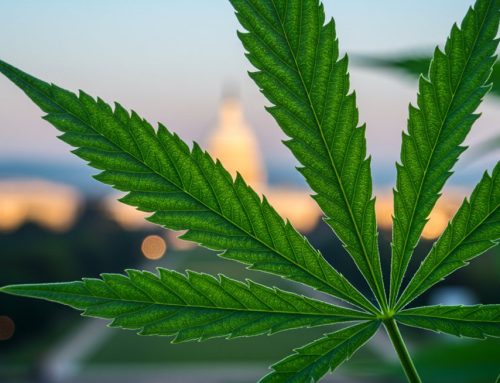The presidential election may be a close call, but residents of Arizona, Montana, New Jersey and South Dakota overwhelmingly voted to legalize recreational cannabis. Mississippi voters said yes to medical marijuana, and voted three to one for Initiative 65 – a citizen-led proposal for the state’s medical marijuana program – over Initiative 65A, a more restrictive proposal put forward by the legislature.
A whopping 70 percent of South Dakota voters also approved of a medical marijuana proposal which means the state is the first to pass two separate marijuana legalization measures in one night. What’s more, prior to the 2020 elections South Dakota was one of only a few states that hadn’t enacted any marijuana reform whatsoever. While recent polling suggested the recreational marijuana measure would pass, the fact that 55 percent of voters in South Dakota decided to embrace full legalization is nonetheless impressive and suggests just how out of touch state politicians are on the issue. The same can be said of Mississippi’s state lawmakers. More than twenty medical marijuana bills have been submitted to the legislature but none have received a floor vote in either the House or the Senate, yet ultimately nearly 70 percent of voters approved the move.
New Jersey Gov. Phil Murphy, a strong proponent of cannabis reform, faced a similar battle with his state’s legislature concerning a bill to legalize recreational cannabis. After it stalled in the Senate last year, Murphy said the question would instead be put to New Jersey voters through the ballot and they’ve responded with a resounding 67 percent in favor of the measure. By contrast, voters in Arizona ignored Gov. Doug Doucey’s plea to reject Proposition 207 which would legalize adult-use sales of marijuana. It passed with 60 percent of the vote.
Montana was the last state with marijuana legalization questions on the ballot to declare its results on the night and its proposals passed with comparable ease. Almost 57 percent of voters said yes to recreational marijuana legalization, while around the same percentage approved a separate proposal to set the legal age for marijuana use at 21 and older.
What’s especially striking about all of these results is that, unlike the presidential election, it wasn’t even close. Each passed with at least a ten percent margin, while some were approved by considerably more than that. It’s clear that voters across the political divide favor marijuana reform and lawmakers are yet to catch up with this reality.
As it stands now, fifteen states and the District of Columbia allow the recreational use of marijuana yet all but two of these states enacted the reform through the ballot process over the past three elections. Meanwhile, most of the 36 states that now allow the use of cannabis for medical purposes approved the law change through the ballot process as well. With one in three Americans now living in a state where recreational marijuana consumption is legal, resistance to the reform at the federal level is looking increasingly untenable.






